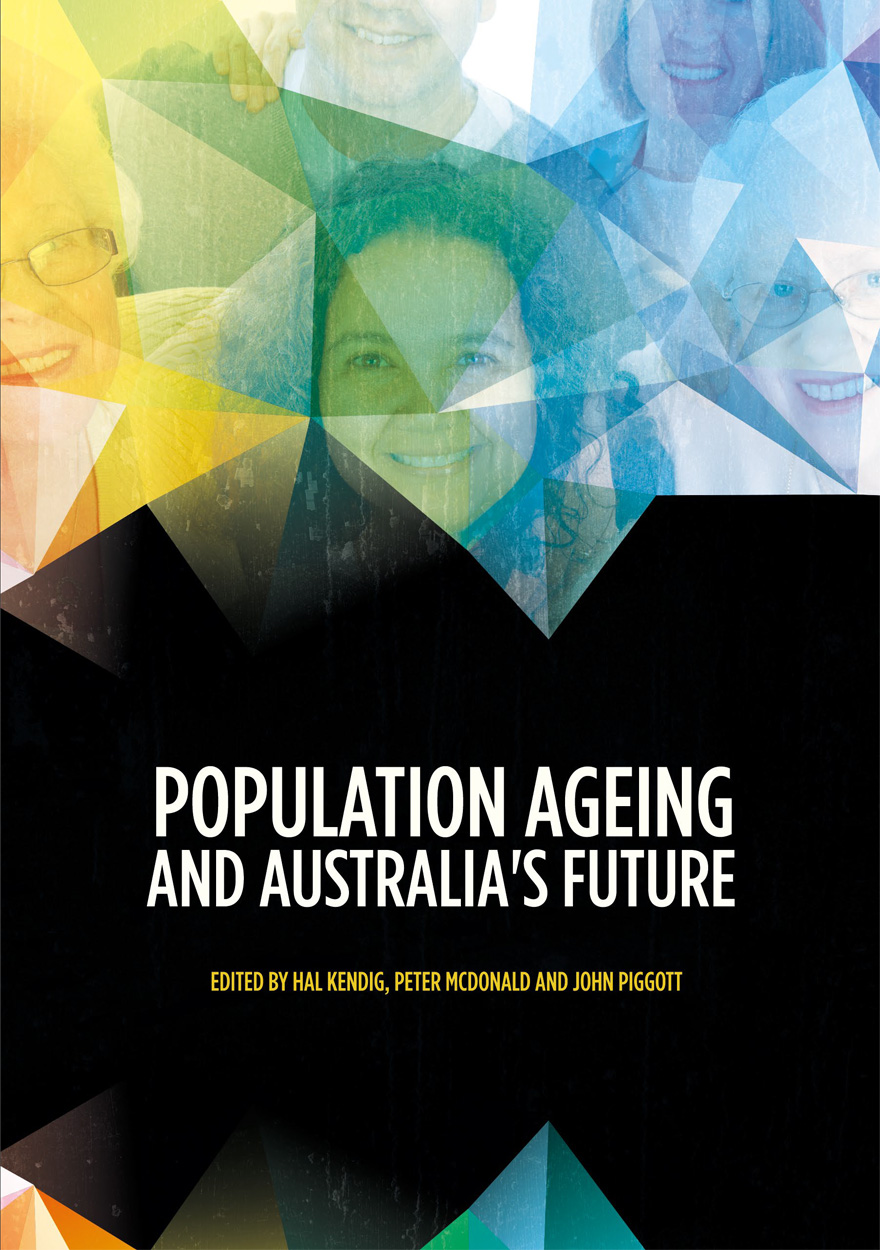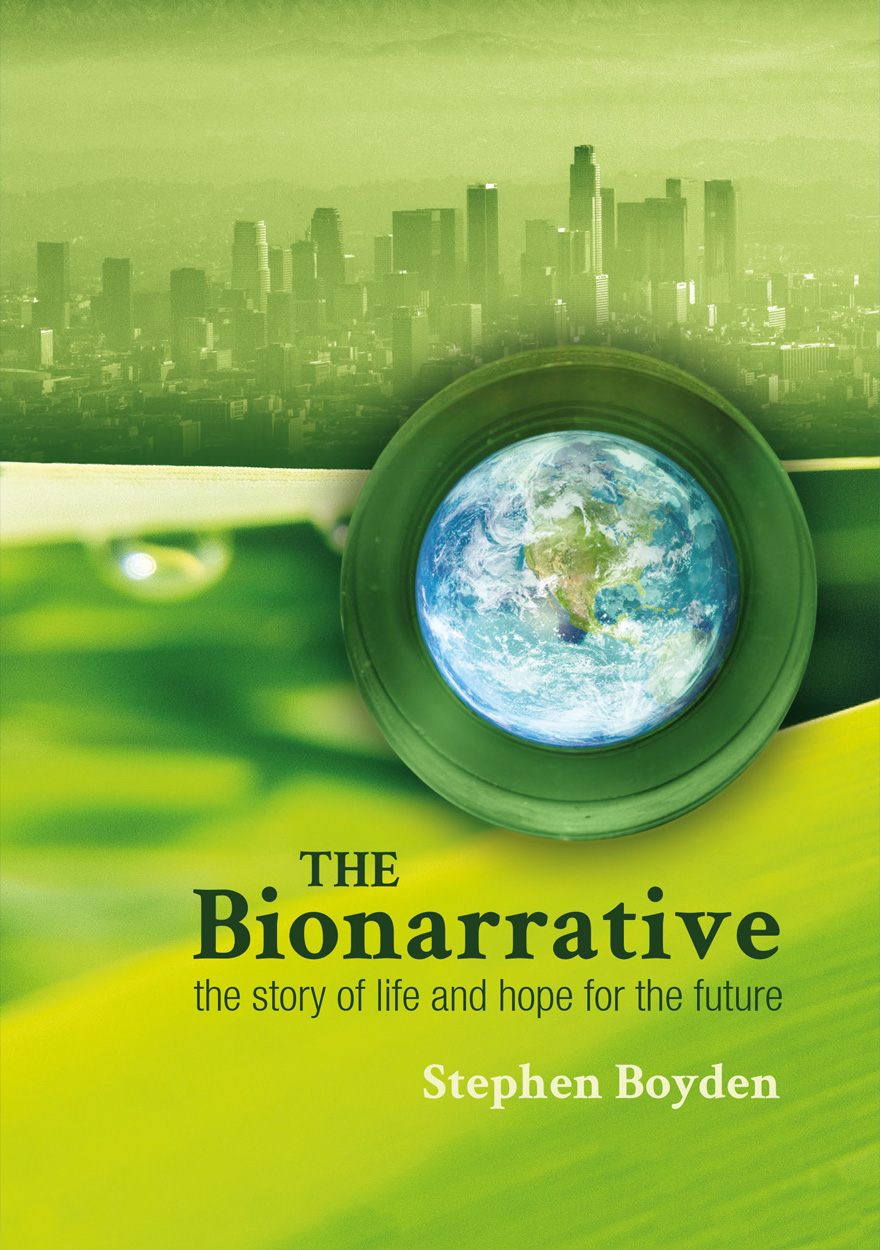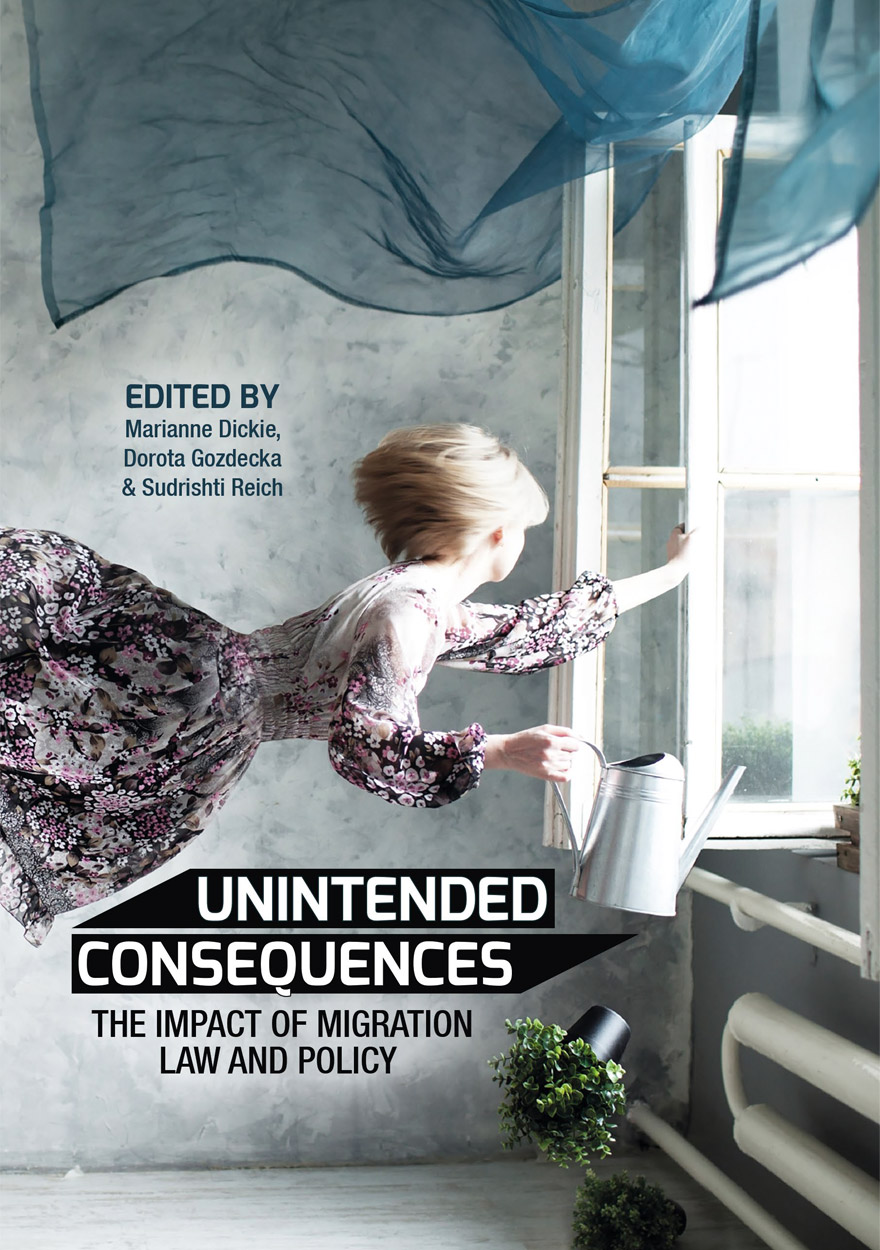Textbooks
Browse or search textbooks or find out more about the publications' authors. Download the ebook for free or buy a print-on-demand copy.
Displaying results 451 to 460 of 2630.

Population Ageing and Australia's Future »
Publication date: October 2016
This volume provides evidence from many of Australia’s leading scholars from a range of social science disciplines to support policies that address challenges presented by Australia’s ageing population. It builds on presentations made to the 2014 Symposium of the Academy of the Social Sciences in Australia.
The material is in four parts:
Perspectives on Ageing
Population Ageing: Global, regional and Australian perspectives
Improving Health and Wellbeing
Responses by Government and Families/Individuals
‘The Academy of the Social Sciences in Australia sees this volume as a major contribution to improving our understanding of Australia’s population ageing. Social science research in this area truly underpins our ability as a nation to manage such demographic change, and its consequences for the economy and society. Such knowledge helps ensure that our citizens can live even better lives.’
— Glenn Withers, President, ASSA
‘It is fantastic that Australians are living longer and healthier lives but we need to address these demographic changes.’
— The Hon Joe Hockey MP, 2015 Intergenerational Report

A Difficult Neighbourhood »
Essays on Russia and East-Central Europe since World War II
Authored by: John Besemeres
Publication date: October 2016
Through a series of essays on key events in recent years in Russia, the western ex-republics of the USSR and the countries of the one-time Warsaw Pact, John Besemeres seeks to illuminate the domestic politics of the most important states, as well as Moscow’s relations with all of them. At the outset, he takes some backward glances at the violent suppression of national life in the ‘bloodlands’ of Europe during World War II by the Stalinist and Nazi regimes, which helps to explain much about the region’s dynamics since. His concern throughout is that a large area of Europe with a combined population well in excess of Russia’s could again be consigned by the West to Moscow’s care, not this time by more and less malign forms of collusion, but by distracted negligence or incomprehension.
‘This is a wonderful collection of essays from a leading Eastern Europe specialist. John Besemeres brings a lifetime of experience, profound insights, and an incisive style to subjects ranging from wartime and post-war Poland through contemporary Ukraine to Putin’s Russia. At a time when doublespeak has become the new normal, his refreshing honesty has never been in greater need.’
— Bobo Lo
This publication was awarded a Centre for European Studies Publication Prize in 2015. The prize covers the cost of professional copyediting.

Made in China Journal: Volume 1, Issue 3, 2016 »
Publication date: September 2016
The core of this issue is dedicated to a special section on Chinese labour and investment in Africa, with a specific focus on Ghana and Zambia. You will also find an analysis of the current situation of the Chinese working classes and the prospects for the political representation of labour in China, as well as an examination of the struggles that Chinese workers face when they attempt to access the legal system. The issue also includes an overview of recent worker struggles in India and an essay on Zhao Liang’s Behemoth.
Download for free
Not available for purchase

Pollution »
Publication date: September 2016
Environmental pollution poses serious challenges for China, including to its economy as well as public health. The China Story Yearbook 2015: Pollution looks at how China’s Communist Party-state addresses these problems and how Chinese citizens have coped with and expressed their concerns about living with chronic, worsening pollution.
This Yearbook also explores the broader ramifications of pollution in the People’s Republic for culture, society law and social activism, as well as the Internet, language, thought, and approaches to history. It looks at how it affects economic and political developments, urban change, and China’s regional and global posture. The Chinese Communist Party, led by ‘Chairman of Everything’ Xi Jinping, meanwhile, has subjected mainland society to increasingly repressive control in its new determination to rid the country of Western ‘spiritual pollutants’ while achieving cultural purification through ‘propaganda and ideological work’.
To adulterate, contaminate, spoil or violate—these are among the metaphorical and literal connotations of pollution expressed in this Yearbook via the character ran 染, which forms part of the word for pollution in Chinese, wuran 污染. As the world increasingly relies on economic ties with China, the complexities of China’s one-party system and the Chinese government’s attitudes towards ‘pollution’ are of increasing global significance.
Chapter notes are available to view online.

East Asia Forum Quarterly: Volume 8, Number 3, 2016 »
Publication date: September 2016
East Asia Forum Quarterly grew out of East Asia Forum (EAF) online, which has developed a reputation for providing a platform for the best in Asian analysis, research and policy comment on the Asia Pacific region in world affairs. EAFQ aims to provide a further window onto research in the leading research institutes in Asia and to provide expert comment on current developments within the region. The East Asia Forum Quarterly, like East Asia Forum online, is an initiative of the East Asia Forum (EAF) and its host organisation, the East Asian Bureau of Economic Research (EABER) in the Crawford School of Economics and Government in the College of Asia & the Pacific at The Australian National University.
Download for free
Not available for purchase

International Review of Environmental History: Volume 2, 2016 »
Edited by: James Beattie
Publication date: September 2016
International Review of Environmental History takes an interdisciplinary and global approach to environmental history. It encourages scholars to think big and to tackle the challenges of writing environmental histories across different methodologies, nations, and time-scales. The journal embraces interdisciplinary, comparative and transnational methods, while still recognising the importance of locality in understanding these global processes.
The journal’s goal is to be read across disciplines, not just within history. It publishes on all thematic and geographic topics of environmental history, but especially encourage articles with perspectives focused on or developed from the southern hemisphere and the ‘global south’.
Download for free
Not available for purchase

The Doubters' Dilemma »
Exploring student attrition and retention in university language and culture programs
Publication date: August 2016
This book explores the extent and causes of attrition and retention in university Language & Culture (L&C) programs through a detailed analysis of an institutional case study at The Australian National University (ANU). Using extensive data collected through student surveys, coupled with data mining of university-wide enrolment data, the authors explore the enrolment and progress of students in all ANU L&C programs. Through their detailed statistical analysis of attrition and retention outcomes, the authors reveal serious inadequacies in the traditional, and common, methodology for determining the extent of student attrition and retention in tertiary L&C programs. Readers are shown why a year-to-year comparison of students who continue or discontinue language studies using traditional statistical methodology cannot provide data that is sufficiently meaningful to allow for sound policy- and decision-making. The authors instead suggest a more valid, replicable methodology that provides a new approach potentially applicable to all disciplines and all student retention measures. The authors also demonstrate that the empirical data supports a new hypothesis for the reasons for attrition, based on students’ relative belief or doubt in their capacity to complete their studies successfully. By highlighting the importance of language capital as a factor in students’ concerns about their capacity for success, and hence in their decisions to stay in, or leave, a university language program, the authors show the importance of the ‘doubters’ dilemma’. By taking a rigorous approach to hypothesis building and testing around enrolment and attrition data, the authors provide valuable insights into attrition issues, and potential retention strategies, in L&C programs, which will be relevant to institutions, policy-makers and teaching academics.

Imaging Identity »
Media, memory and portraiture in the digital age
Edited by: Melinda Hinkson
Publication date: August 2016
Imaging Identity presents potent reflections on the human condition through the prism of portraiture. Taking digital imaging technologies and the dynamic and precarious dimensions of contemporary identity as critical reference points, these essays consider why portraits continue to have such galvanising appeal and perform fundamental work across so many social settings. This multidisciplinary enquiry brings together artists, art historians, art theorists and anthropologists working with a variety of media. Authors look beyond conventional ideas of the portrait to the wider cultural contexts, governmental practices and intimate experiences that shape relationships between persons and pictures. Their shared purpose centres on a commitment to understanding the power of images to draw people into their worlds. Imaging Identity tracks a fundamental symbiosis — to grapple with the workings of images is to understand something vital of what it is to be human.

The Bionarrative »
The story of life and hope for the future
Authored by: Stephen Boyden
Publication date: August 2016
This book is for the general reader interested in the human place in nature and the future of civilisation. It is based on the biohistorical approach to the study of human situations. This approach recognises human culture as a new and extremely important force in the biosphere.
The book discusses the evolution of life and the essential ecological processes on which all life, including human civilisation, depend. It describes the conditions of life and ecology of humans in the four ecological phases in human history, with emphasis on the impacts of human culture on biological systems.
It explains how, as cultures evolved, they often came to embrace not only factual information of good practical value, but also assumptions that are sheer nonsense, sometimes leading to activities that caused unnecessary human distress or damage to local ecosystems. These are examples of cultural maladaptation. There have been countless instances of cultural maladaptation in human history.
The days of the fourth ecological phase of human history, the Exponential Phase, are numbered. Cultural maladaptations are now on a massive scale, and business as usual will inevitably lead to the ecological collapse of civilisation.
The only hope for the survival of civilisation lies in radical changes in the worldviews and priorities of the prevailing cultures of the world, leading to a fifth ecological phase — a phase in which human society is truly sensitive to, in tune with and respectful of the processes of life. This is called a biosensitive society. The book concludes with discussion on the essential characteristics of a biosensitive society and on the means by which the necessary cultural transformation might come about.

Unintended Consequences »
The impact of migration law and policy
Publication date: August 2016
This book arose from an inaugural conference on Migration Law and Policy at the ANU College of Law. The conference brought together academics and practitioners from a diverse range of disciplines and practice. The book is based on a selection of the papers and presentations given during that conference. Each explores the unexpected, unwanted and sometimes tragic outcomes of migration law and policy, identifying ambiguities, uncertainties, and omissions affecting both temporary and permanent migrants. Together, the papers present a myriad of perspectives, providing a sense of urgency that focuses on the immediate and political consequences of an Australian migration milieu created without due consideration and exposing the daily reality under the migration program for individuals and for society as a whole.



